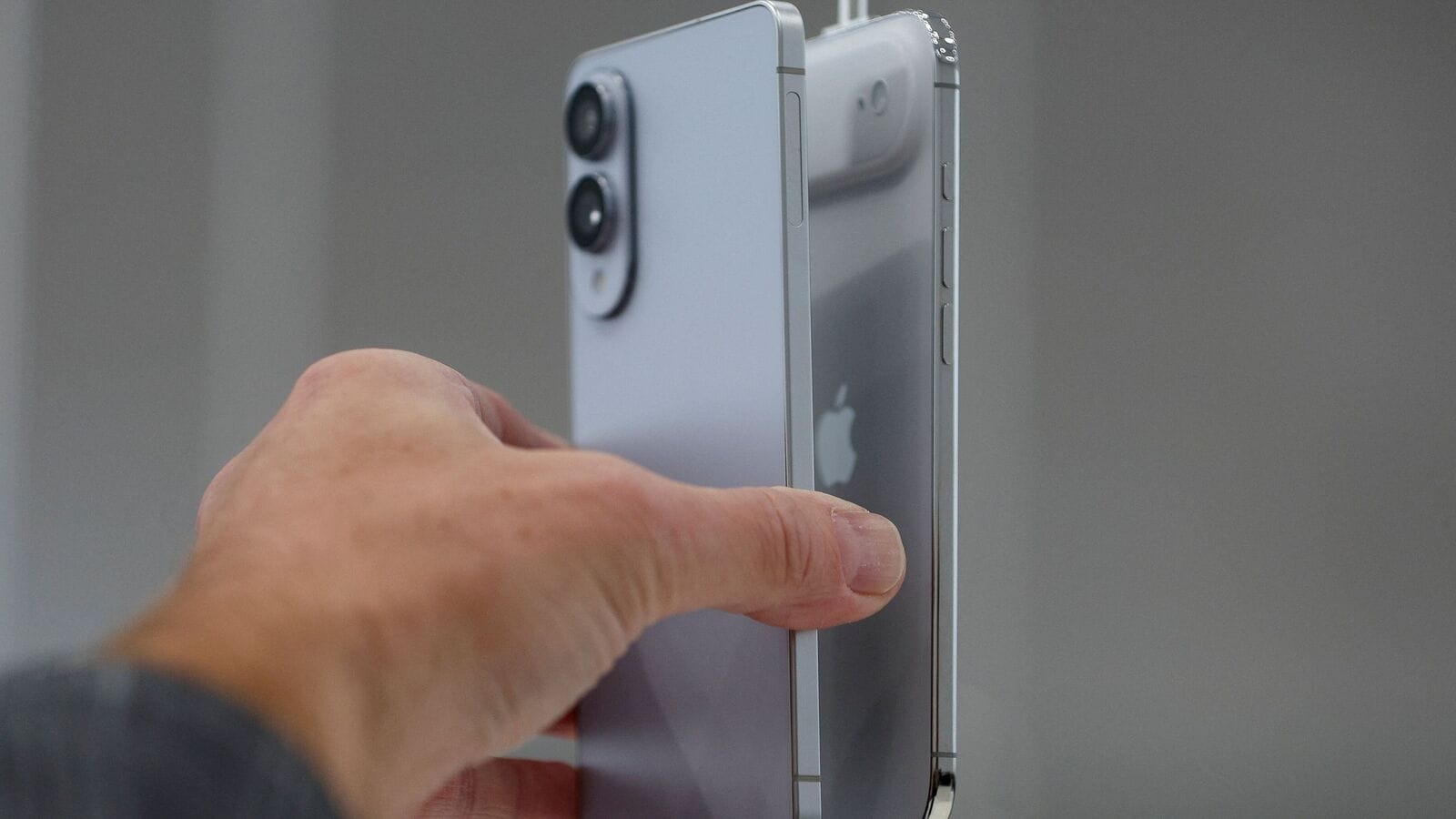Robby Walker, a senior AI and search executive, is leaving Apple after more than a decade amid delays to Siri and Apple Intelligence. The move intensifies the AI talent war and raises questions about Apple AI strategy, its AI roadmap, and on device intelligence plans.

Meta Description: Robby Walker, a senior AI executive at Apple, is leaving after over a decade, amid delays to Siri and Apple Intelligence and a broader AI talent exodus.
Robby Walker, a senior AI and search executive, is reportedly leaving Apple in October after more than 10 years at the company. His exit arrives as Apple faces delays to major Siri and Apple Intelligence upgrades while rivals push ahead with generative AI and foundational models. The timing raises questions about Apple AI strategy and the company ability to keep pace in the ongoing AI talent war.
Apple positioned Apple Intelligence as a way to bring advanced conversational AI and natural language processing across iPhone, iPad, and Mac. Those features were meant to deliver more capable, context aware assistants and tighter integration across the ecosystem. But several high profile improvements have been postponed, leaving users and developers waiting for a clearer AI roadmap and for stronger on device intelligence that honors Apple privacy first principles.
Walker has been a central figure in Apple search and machine learning efforts for over a decade. His departure follows a string of AI research departures and reports of executives moving to competitors such as Meta. Industry coverage cites internal sources and highlights the role that recruitment by rivals plays in the broader AI hiring trends.
The loss of senior AI staff highlights how competitive the market for AI talent has become. Companies that advance foundational models and generative AI at speed can seize platform advantages, and Apple may need to accelerate R and D investment if it wants to protect ecosystem dominance. For Apple, this means balancing a privacy first approach with the demand for rapid iteration and visible innovation.
Delays to AI powered upgrades can affect user expectations and product differentiation. Siri next generation capabilities and deeper Apple Intelligence integration are central to how Apple plans to keep devices relevant as AI becomes a core part of user experience. If competitors deliver more capable assistants and developer tools faster, Apple may face pressure on both consumer perception and enterprise adoption.
Apple could respond by reinforcing its AI strategy, investing more in developer tools, and emphasizing hardware accelerated AI such as improvements to the Apple Neural Engine. Retaining remaining talent and clarifying an updated AI roadmap will be critical. Observers will watch how Apple balances on device intelligence, cloud based models, and privacy guarantees while competing with Google, Microsoft, and Meta on AI innovation.
Robby Walker departure is a tangible sign of the intense competition for AI expertise and the challenges Apple faces in executing its AI vision. The next steps in Apple AI strategy, including potential hires, acquisitions, or revised timelines for Apple Intelligence, will be decisive for whether the company remains a leader in user centered AI or plays catch up in a rapidly evolving field.



